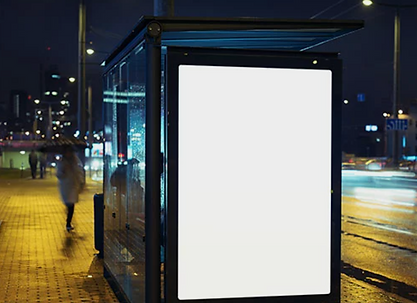


-
Residential Solar Installations: Landscape Lighting, Fountains, and Water Heaters
-
Commercial Solar Lighting Solutions: Street, Parking, and Sign Lighting
-
Battery Storage and Off‑Grid Systems
-
Maintenance and Repairs
-
Integrated Solutions: EV charger integration, generators, smart-home compatibility
F.A.Q.
How do solar panels work?
Solar panels convert sunlight into electricity using silicon cells. The electricity can power your home or feed into the grid to earn credits.
Will solar work at my home or business?
Yes, if your property receives a good amount of sunlight during the day. A quick site evaluation can confirm this.
How much does it cost to install solar?
Costs vary depending on the system size and usage. However, there are federal and local incentives (like Duke Energy rebates and the $7,500 federal tax credit) to reduce your out-of-pocket costs.
What are the benefits of solar?
Lower electricity bills
Reduced carbon footprint
Increased property value
Backup power options with battery storage
How do I get a quote or start service?
Visit our Contact page, fill out our contact form, or call for a free consultation.









